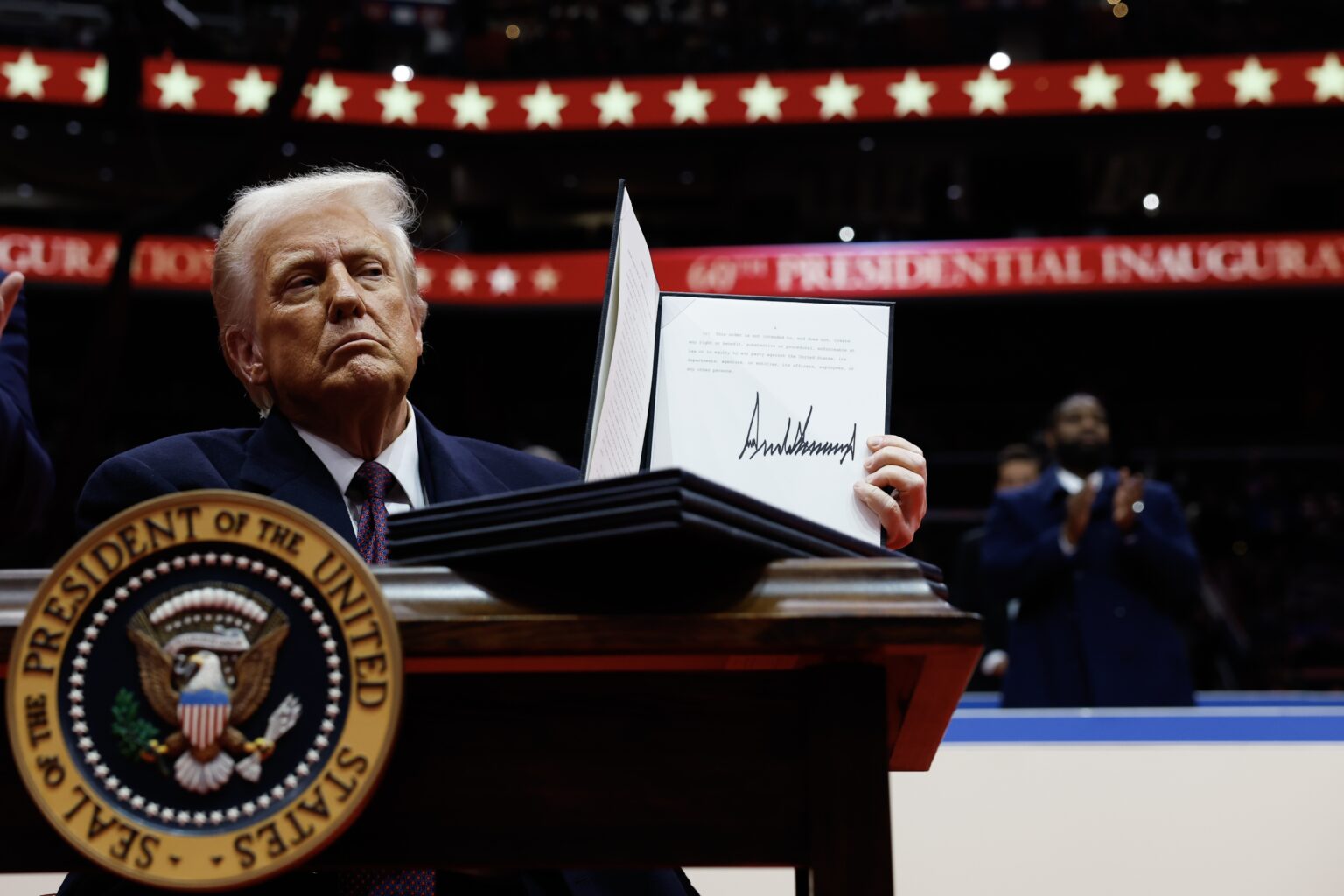Former President Donald Trump’s stance on transgender athletes participating in sports has been a subject of significant debate and has elicited a wide range of reactions from the public. During his tenure and in subsequent public statements, Trump has expressed opposition to allowing transgender women (individuals assigned male at birth who identify as female) to compete in women’s sports. He argues that this practice could create unfair advantages due to physiological differences, potentially compromising the integrity of women’s athletics.

In a speech at the Conservative Political Action Conference (CPAC) in 2021, Trump stated, “Young girls and women are incensed that they are now being forced to compete against those who are biological males.” He further emphasized his position by asserting that policies permitting transgender women to participate in women’s sports are “not good for women.”

It’s important to note that Trump’s perspective has been met with both support and criticism. Advocates for his viewpoint argue that allowing transgender women to compete in women’s sports may lead to competitive imbalances, potentially disadvantaging cisgender female athletes. Conversely, critics contend that such a stance discriminates against transgender individuals, undermining their rights and inclusion in society.

The topic of transgender participation in sports remains a complex and contentious issue, with ongoing discussions about fairness, inclusivity, and the rights of all athletes. Various states and organizations have implemented differing policies, reflecting the diverse opinions held by the public on this matter.



